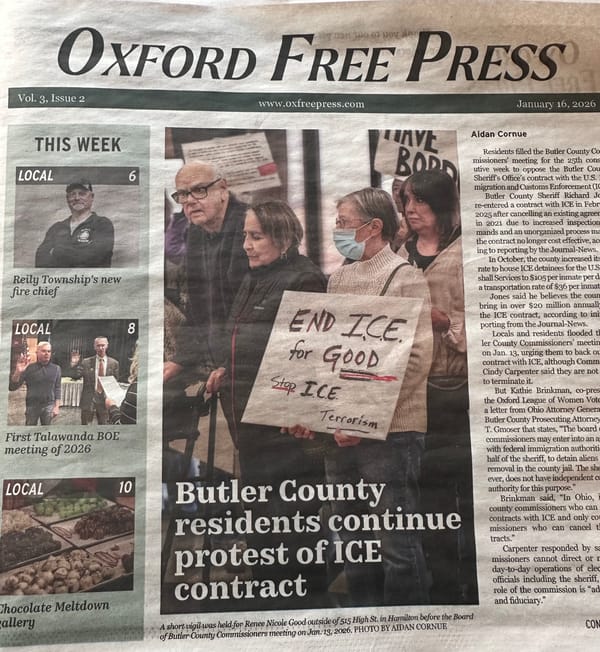Deportation as punishment
It's been going on a long time.
It's been going on a long time.
In December of 1727 my relative Richard Walley (alias - Wainscott) was sentenced to "transportation," meaning that he was shipped to America. You can look it up for yourself in the helpful guide English Convicts in Colonial America Volume 1 Middlesex: 1617-1775. Walley's crime? Probably stealing a coat. Since deportation was generally reserved for serious crimes or repeat offenders, it is likely that it was not Richard's first run-in with the law.
The conditions that Richard endured were horrific. Prisoners were not transported in passenger ships, but in ships designed for the transport of prisoners. They were locked in leg irons below deck and chained to the wall for virtually the entire voyage. Probably due to his age, he survived. He was 17 when he landed at St. Marys County, Maryland in July of 1728.
Despite these conditions, Richard was charged for the cost of transporting him. He had to "agree" to work for seven years in exchange for passage. He become an indentured servant and he completed his "service" to John Taylor in Maryland.
His life continued to be difficult. Two of his sons, Matthew and Jacob, were captured by the British and held on a prison ship. There are no further records of them, suggesting they died on board. Richard moved with one of his many sons, Isaac, to North Carolina in 1749. During the American revolution, Isaac joined the Colonial Regulators, a group of armed farmers from rural western North Carolina who refused to pay taxes to the British Royal Governor of North Carolina. After the British put down the Regulators in the battle of the Alamance, Isaac was likely arrested (and later released).
In 2028, my family will celebrate three-hundred years on American soil. Our ancestor was sent here as a convict for petty crimes committed in poverty. Though his sentence was harsh, he at least had some form of due process and an opportunity to build a new life after serving his time. And after he repaid the cost of his voyage, he was given his freedom. He went on to build a family that participated in the Revolutionary War. His descendants went west with Daniel Boone. Wainscott's now dot Kentucky, Ohio, Indiana, and beyond.
Immigrants being deported from our country to maximum security prisons in foreign countries for the crime of not being born American will have no such chances to build a new life. They had sought their new life in our country, as so many of our ancestors did. But they did not find it here.
I personally oppose deportation as a punishment for any crime. Even still, I am dismayed that we can't muster the level of justice and opportunity in 2025 for legal residents of this country that England offered its citizens three centuries ago.
And I can't help but wonder what is lost when even one person is unjustly removed from American soil. Not only from the contributions that person might have made, but also from the country we might have been, if we chose to be just.
[This post relies on genealogical research that my father completed.]

